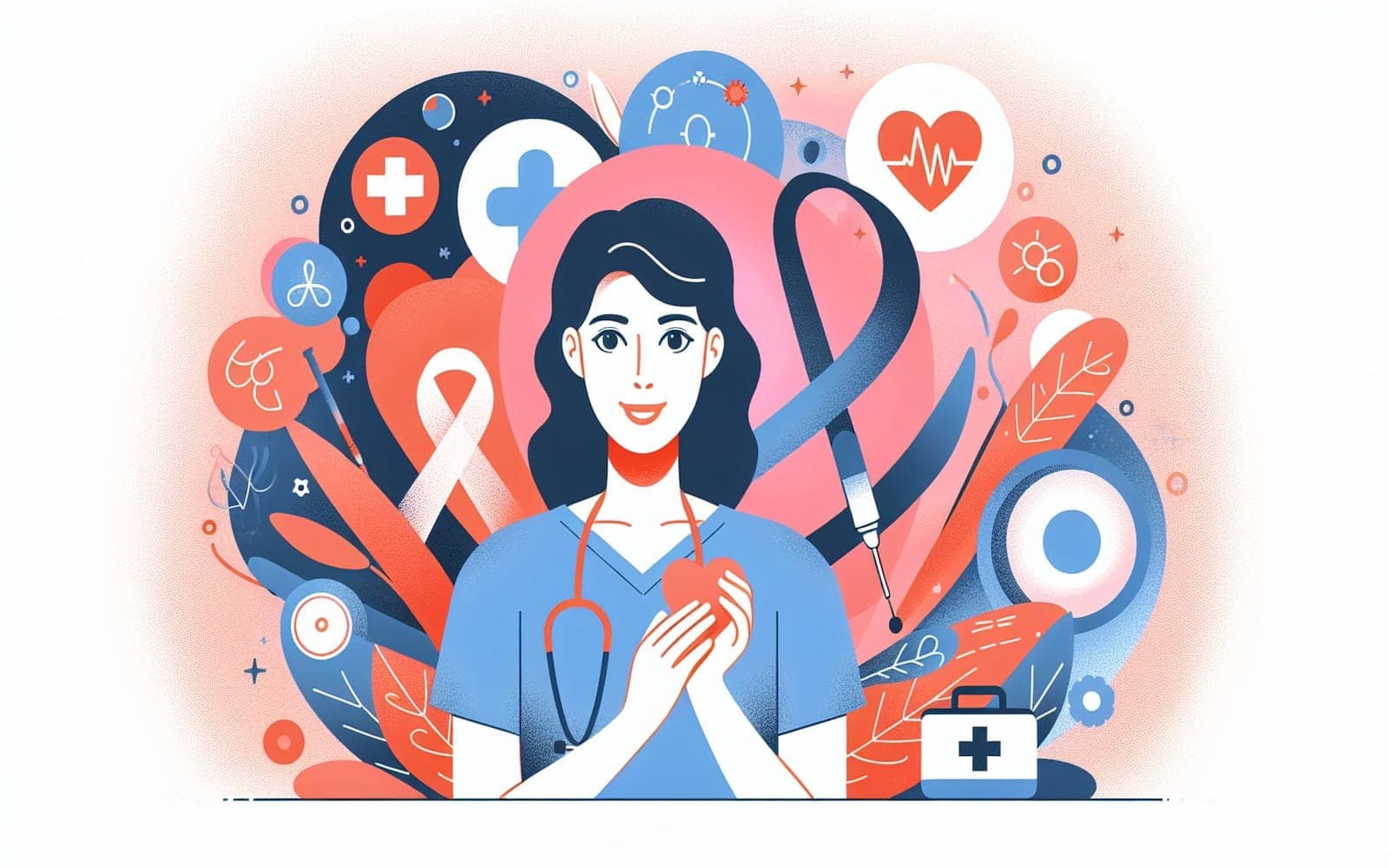Are You at Risk for Non-Hodgkin Lymphoma?
Published: May 08, 2024
Non-Hodgkin lymphoma can strike unexpectedly, but understanding the risk factors can help you stay vigilant. Knowing what increases your risk can lead to earlier detection.
Contents
Common Risk Factors
Several factors can increase the risk of developing NHL, including a family history of lymphoma, certain infections like HIV or Hepatitis C, and exposure to chemicals such as pesticides. Autoimmune diseases and conditions that weaken the immune system also elevate the risk. Knowing these factors can prompt more frequent check-ups and early intervention.
Lifestyle and Environmental Exposures
Lifestyle choices and environmental exposures can play a significant role in increasing the risk of NHL. For instance, exposure to herbicides and insecticides has been associated with a higher risk. Additionally, people with a history of certain medical treatments, like organ transplants or chemotherapy, may have an elevated risk due to the immune system's compromised state.

Medical History and NHL
A detailed medical history can reveal patterns or exposures that increase NHL risk. Prior medical treatments, infections, and even personal habits can contribute to the likelihood of developing NHL. Understanding these connections can help in monitoring and preventive strategies.
Frequently Asked Questions
Yes, exposure to certain chemicals and lifestyle choices can increase NHL risk.
Family history of lymphoma can increase your risk of NHL.
Infections like HIV and Hepatitis C are linked to a higher NHL risk.
Yes, treatments like chemotherapy can increase NHL risk due to immune suppression.
Key Takeaways
Awareness of risk factors can lead to proactive health monitoring and early NHL detection.
Wondering about your NHL risk? Discuss it with Doctronic today.Related Articles
References
Frumkin H. CA Cancer J Clin 2003; 53:245.
Talamini R, Montella M. Int J Cancer 2004; 110:380.
Always discuss health information with your healthcare provider.

